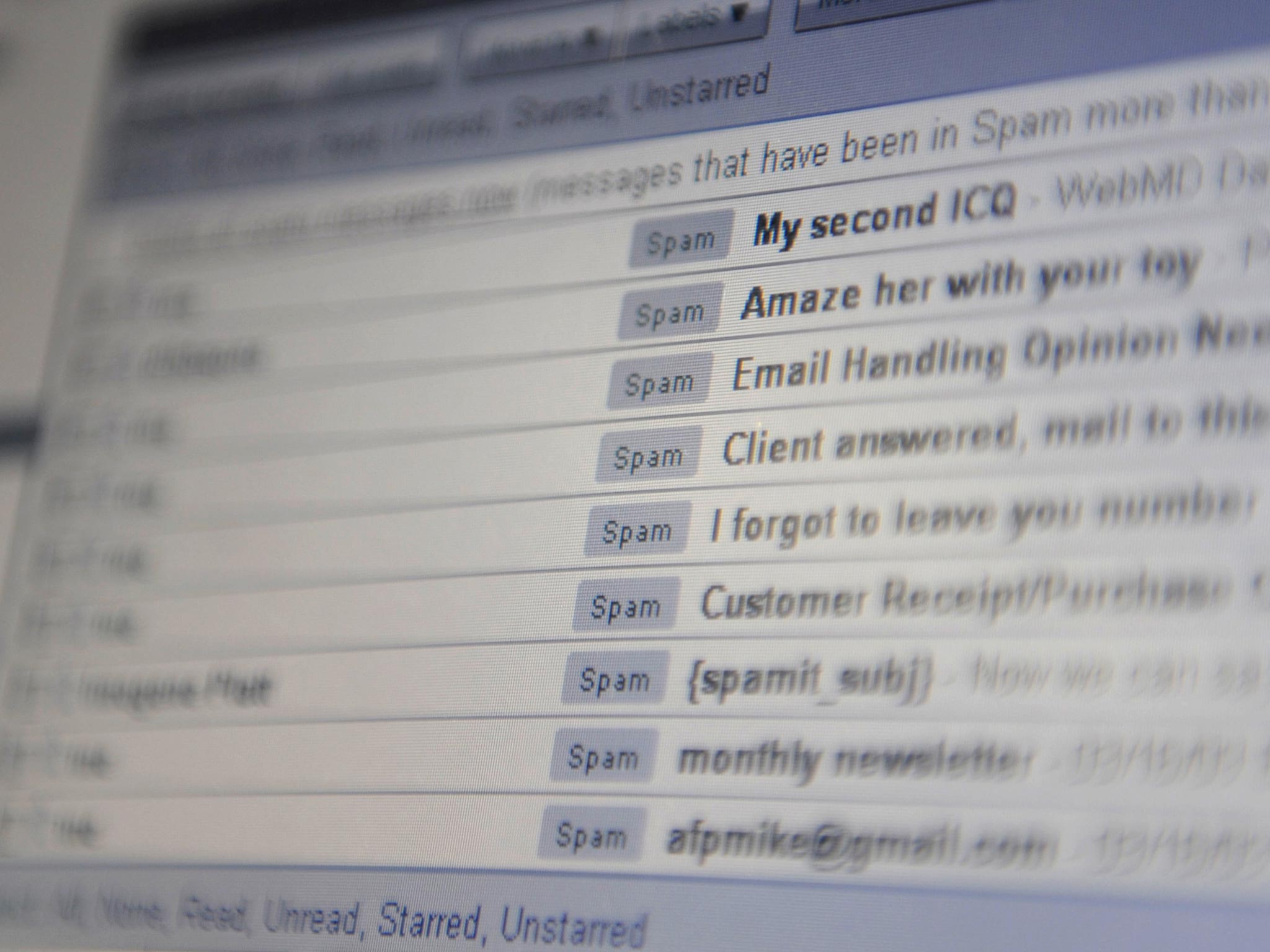MPs push for ban on long email disclaimers
Disclaimers are a waste of paper and time, it is claimed

Your support helps us to tell the story
From reproductive rights to climate change to Big Tech, The Independent is on the ground when the story is developing. Whether it's investigating the financials of Elon Musk's pro-Trump PAC or producing our latest documentary, 'The A Word', which shines a light on the American women fighting for reproductive rights, we know how important it is to parse out the facts from the messaging.
At such a critical moment in US history, we need reporters on the ground. Your donation allows us to keep sending journalists to speak to both sides of the story.
The Independent is trusted by Americans across the entire political spectrum. And unlike many other quality news outlets, we choose not to lock Americans out of our reporting and analysis with paywalls. We believe quality journalism should be available to everyone, paid for by those who can afford it.
Your support makes all the difference.Long disclaimers at the bottom of emails should be banned, according to MPs.
Sir Alan Duncan has said that the emails cause “forests’ worth of paper”, and has presented a bill to ban the practice.
He has presented a bill to parliament that would ban the practice for public companies, telling MPs that the disclaimers should be replaced with a short link.
Printing out emails often means accidentally printing all of the disclaimer at the bottom, which can add up to a number of pages.
Email disclaimers usually include messages telling those receiving them to respect confidentiality and copyright, and information about viruses and the scanning that has been done to the message. They are usually sent by default, being appended to any external emails on their way out so that people might not even be aware they’re being included.
But they are mostly useless, according to The Economist. They impose a one-way contract on the person receiving them, and are therefore mostly impossible to enforce, at least in Europe.
They continue to cling on partly because company lawyers insist on using them since everyone else is, the Economist said.
Join our commenting forum
Join thought-provoking conversations, follow other Independent readers and see their replies
Comments